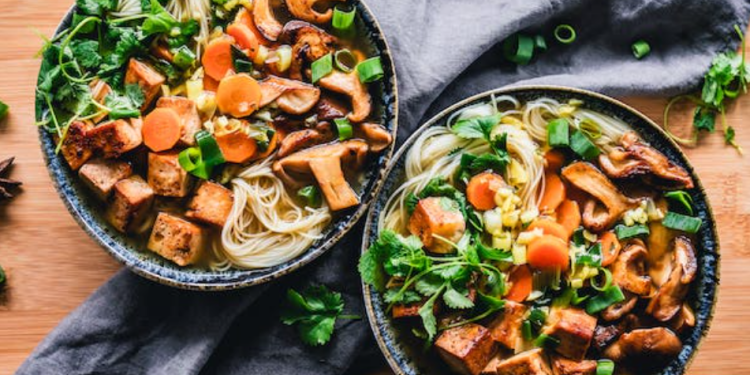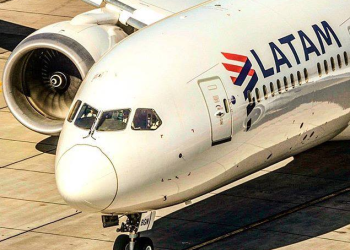Introduction
Craft cocktails have captured the imagination of beverage enthusiasts worldwide, offering a blend of creativity, craftsmanship, and flavor. In this article, we’ll explore the burgeoning world of craft cocktails, from their historical roots to the latest trends shaping mixology and beverage culture.
Historical Perspective
Mixology, the art and science of cocktail making, has a rich and storied history dating back centuries. From the classic cocktails of the early 20th century to the Prohibition era and beyond, the evolution of cocktail culture has been marked by innovation and experimentation.
Craft Cocktail Renaissance
In recent years, we’ve witnessed a renaissance in craft cocktails, driven by a renewed appreciation for the craft of bartending and the art of cocktail creation. Mixologists are rediscovering classic recipes, elevating them with premium spirits and fresh ingredients, and infusing them with their own creative twists.
Trends in Mixology
One of the defining characteristics of modern mixology is its embrace of experimentation and innovation. Mixologists are pushing the boundaries of flavor and technique, exploring new ingredients, and creating cocktails that are as visually stunning as they are delicious.
Influence of Locally Sourced Ingredients
A key trend in contemporary mixology is the emphasis on locally sourced, seasonal ingredients. From farm-fresh herbs and fruits to locally distilled spirits and artisanal bitters, craft cocktails celebrate the flavors and terroir of their surroundings.
The Role of Technology
Advancements in technology have also had a profound impact on the world of craft cocktails. From precision measuring tools to innovative cocktail-making gadgets, bartenders have access to a wide array of tools and resources to help them perfect their craft.
Social Media and Cocktail Culture
Social media platforms like Instagram and TikTok have become powerful platforms for sharing and discovering cocktail recipes and techniques. Mixologists and home bartenders alike are showcasing their creations online, inspiring others to experiment and innovate.
The Rise of Mocktails and Low-ABV Drinks
In response to growing interest in health and wellness, there has been a surge in the popularity of mocktails and low-alcohol cocktails. These flavorful alternatives offer all the complexity and satisfaction of traditional cocktails without the high alcohol content.
Sustainability and Eco-Friendly Practices
As awareness of environmental issues grows, the cocktail industry is increasingly embracing sustainable and eco-friendly practices. From eco-conscious packaging to zero-waste initiatives, bars and distilleries are finding innovative ways to reduce their environmental footprint.
Craft Cocktail Bars and Speakeasies
Craft cocktail bars and speakeasies have become iconic symbols of the craft cocktail movement, offering patrons a unique and immersive experience. With their meticulously crafted cocktails, intimate ambiance, and attention to detail, these establishments are setting new standards for cocktail culture.
Globalization of Mixology
The globalization of mixology has led to an exciting exchange of ideas and techniques across cultures and continents. International cocktail competitions and festivals celebrate the diversity of cocktail culture, showcasing the talents of bartenders from around the world.
Challenges and Criticisms
Despite their growing popularity, craft cocktails also face challenges and criticisms. Accessibility and affordability can be barriers for some consumers, while concerns about alcohol abuse and responsibility remain ever-present.
The Future of Craft Cocktails
Looking ahead, the future of craft cocktails is bright and full of possibilities. As mixologists continue to push the boundaries of creativity and innovation, we can expect to see new flavors, techniques, and trends emerge, shaping the cocktail culture of tomorrow.
Conclusion
Craft cocktails have transformed the way we think about and experience cocktails, elevating them from mere drinks to works of art. With their emphasis on quality, creativity, and craftsmanship, craft cocktails have become a driving force in the world of mixology and beverage culture, inspiring bartenders and cocktail enthusiasts alike to raise the bar and explore new horizons.

FAQs
- What sets craft cocktails apart from traditional cocktails? Craft cocktails are distinguished by their attention to detail, use of premium ingredients, and creative presentation. They often feature unique flavor combinations and innovative techniques that elevate them above traditional cocktails.
- Are craft cocktails expensive to make at home? While some craft cocktails may require specialty ingredients or equipment, many can be made with basic pantry staples and affordable spirits. With a little creativity and experimentation, anyone can enjoy craft cocktails at home without breaking the bank.
- What are some popular ingredients used in craft cocktails? Popular ingredients in craft cocktails include fresh herbs, artisanal bitters, house-made syrups, and specialty liqueurs. These ingredients add complexity and depth to cocktails, allowing bartenders to create unique and memorable flavor profiles.
- Can I learn to make craft cocktails without formal training? Absolutely! Many resources, including online tutorials, cocktail books, and workshops, are available to help aspiring mixologists hone their craft. With practice and patience, anyone can master the art of crafting delicious cocktails at home or behind the bar.
- Where can I find craft cocktails in my area? Craft cocktails can be found at a variety of establishments, including craft cocktail bars, speakeasies, and upscale restaurants. Many cities also host cocktail festivals and events where you can sample a wide range of craft cocktails from local and international bartenders.




